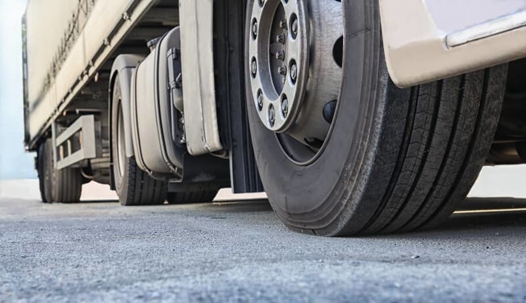Driving around a big rig, semi-truck, or 18-wheeler on the highway can be a bit nerve-wracking. You want to do all you can to prevent a truck accident if something suddenly goes wrong. Your ability to prevent an accident depends largely on your understanding of what a truck driver can and should not do while driving, though, so it helps to know a bit about truckers and their rules of the road now.
Five commonly asked questions about semi-trucks on the highway are:
- Do semi-trucks always have the right-of-way?
A semi-truck only has the right-of-way when they are given it based on traffic and road conditions, just like any other driver. Larger trucks do not automatically get the right-of-way just because of their size, weight, and limited maneuverability. However, other drivers should be prepared to yield their right-of-way to a truck if doing so would prevent a collision. - Are big rigs allowed in the fast lane?
In many states, big rigs are legally required to stay on the farthest right lane of a highway. For example, in Texas, truckers must use the right-hand lane if they are traveling slower than the average driver around them. The exception is if they are trying to turn or pass a slower vehicle. - Why do big rigs often pass each other and not smaller cars?
You might have noticed that big rigs mostly pass each other when on the highway and not smaller vehicles. It can create an unusual or even worrying fright to see one semi-truck attempting to overtake another, so why do they do it? The answer is that passing a truck is usually easier because trucks travel slower. A trucker would need to try to increase their speed by a large amount to pass a passenger vehicle. Choosing to pass another truck is easier in this way, even though it will take longer due to the length of both vehicles. Generally, the lower a truck driver can keep their vehicle’s speed, the safer the highway is for everyone. - Why do truckers flash their lights when you pass them?
Sometimes, a truck driver flashes their lights at you as you pass them to show you that they see you. This is not an invitation to stay in their blind spots, but rather a reassurance that they know your vehicle is there. Similarly, if a truck is trying to enter your lane, then you can flash your headlights once to let the trucker know that there should be enough clearance in front of you for them to make the lane change or merge. - Can truckers park on off-ramps?
Along most highways in the country, it is illegal for a truck driver to park or stop their vehicle on off-ramps, even if they do so to sleep and avoid exhaustion. Truckers must stop in designated rest areas or shoulders that are wide enough to accommodate their vehicles without endangering passing traffic.
In a truck accident in Waco, Texas? Think the trucker was doing something wrong or unsafe when it happened? The Law Offices of Vic Feazell, P.C. and our truck accident attorneys can help you discover your rights and pursue maximum compensation at virtually no financial risk to you thanks to our free consultations and contingency fee agreements. Contact us now to learn more.

